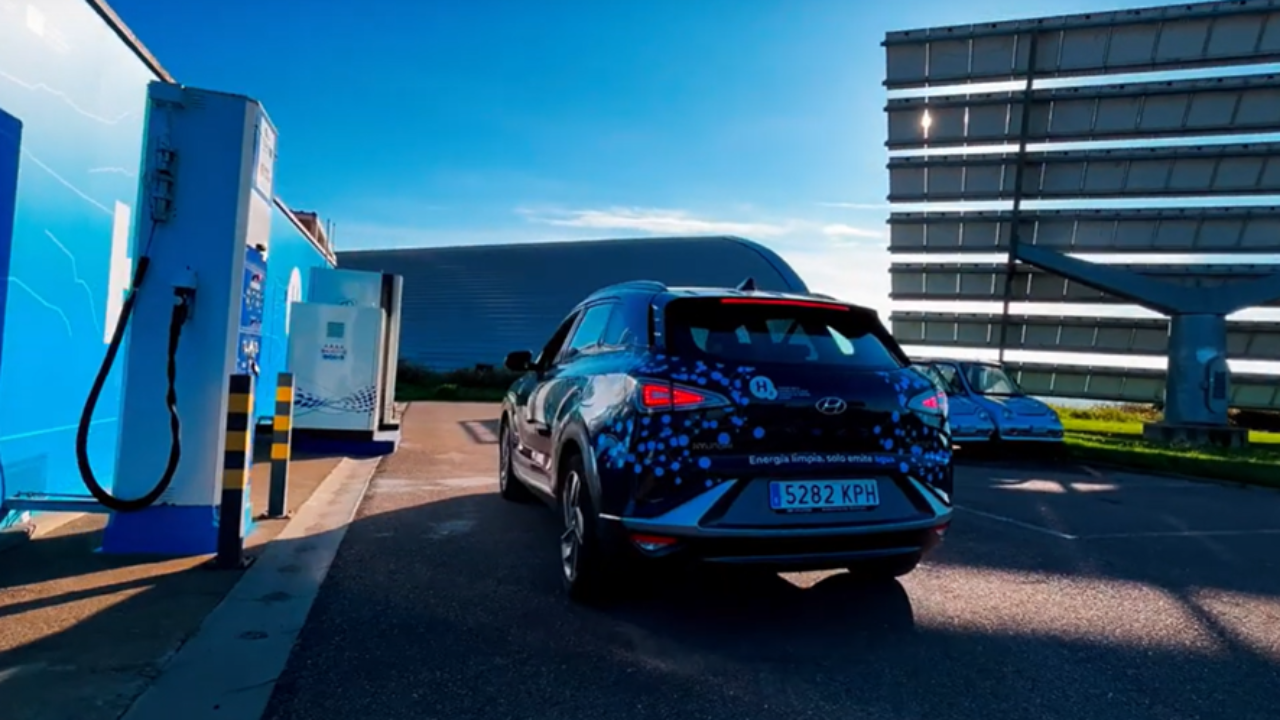- The European project SharedH2-SUDOE seeks to consolidate renewable hydrogen as a viable energy storage solution in self-sufficient communities, especially in rural areas.
- The initiative, which covers territories in Spain, Portugal and France, aims to advance technical and scientific knowledge in the sector, as well as to test innovative solutions in at least three strategic locations within the SUDOE territory.
Since its launch on 1 January 2024, SharedH2-SUDOE has organised innovation forums and working meetings to foster cooperation between its partners. One of its main objectives is to draw up a roadmap for a European economy based on renewable energies, with a special emphasis on green hydrogen. The initiative also involves key players in the energy sector, such as local authorities, companies, consumers, educational institutions and energy communities.
One of the first achievements of this project has been the development of a Diagnosis on the generation, distribution, storage and use of green hydrogen in the SUDOE area on a small scale. This initiative is currently being developed in two directions: one is the assessment of energy consumption through the development of a prediction platform that analyses the energy surplus of the communities participating in the project, and the other focuses on the implementation of three pilot cases in Spain, Portugal and France.
The SharedH2-SUDOE pilot projects
The pilot case in Spain is taking place in an industrial estate in the town of Bembibre, in the region of Castile and León, where a local energy community has been set up. This public-private initiative is based on the production of hydrogen using surplus solar energy and seeks to generate a more competitive and sustainable energy supply that can contribute to the self-sufficiency of the area with clean energy, as well as reducing operating costs.
The project developed in Bembibre also plans to create tourist routes with hydrogen-powered bicycles in the area around Las Médulas in El Bierzo (León), a UNESCO World Heritage Site, as well as generating heating and heat pumps for public facilities.
In Portugal, the pilot project is being carried out in three municipalities in Alto Alentejo and Leiria, where the surplus electricity generated by photovoltaic panels installed on municipal buildings is being analysed. The aim is to transform surplus energy into green hydrogen to encourage sustainable mobility, including a comparative study between petrol and hydrogen buses and the installation of a mini demonstration laboratory on hydrogen production and use in the Espacio Sudoe.
In France, the pilot project is being carried out in the technology park of the Estia university campus in the municipality of Bidart, in New Aquitaine, where a hydrogen station was installed in March 2025. The operating process is based on using surplus photovoltaic production to produce hydrogen that will be converted into electricity and used to power a building during the winter when energy consumption is highest. A hydrogen refuelling station for bicycles has also been installed on the campus to promote sustainable mobility.

